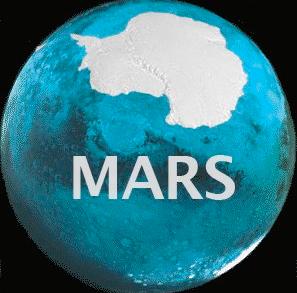This week, we are hosting another workshop to scope out the next steps for the Microbial Antarctic Resources System (mARS) , a followup project from SCAR’s Expert Group on Antarctic Biodiversity Informatics (EG-ABi).
The participants include Alison Murray (Desert Research Institute), Anton Van de Putte (biodiversity.aq), Nabil Youdjou (biodiversity.aq) and Bruno Danis (Marine Biology Lab). PhD students from the CCAMBIO project also attended, as beta-testers.
The Microbial Antarctic Resources System (mARS) is envisioned as an information system dedicated to facilitate the discovery, access and analysis of geo-referenced, molecular microbial diversity (meta)data generated by Antarctic researchers, in an Open fashion. The scope of diversity will encompass all freel-living and host-associated virus, Bacteria, Archaea, and singled-celled Eukarya.
mARS focuses on past, present and future works. It offers a community-driven platform for scientists to publish, document, analyse and share their (meta)data with the broad community for science, conservation and management purposes, in the spirit of the Antarctic Treaty.
This week, we will be beta-testing the mARS to take it to Step 3, as described in our vision document.

